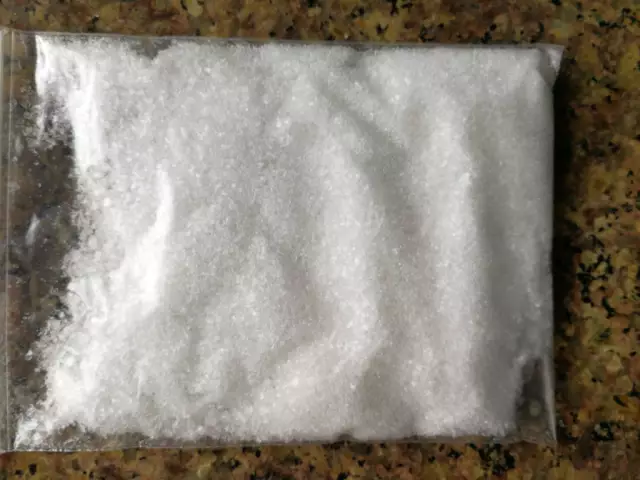- Author Rachel Wainwright [email protected].
- Public 2023-12-15 07:39.
- Last modified 2025-11-02 20:14.
Benzocaine
Instructions for use:
- 1. Pharmacological action
- 2. Release form
- 3. Method of application
- 4. Indications for use
- 5. Contraindications
- 6. Side effects
Benzocaine is a broad-spectrum local anesthetic drug.
pharmachologic effect
The active substance benzocaine has a local anesthetic effect, preventing the occurrence of pain.
When applied externally and applied to mucous membranes, the effect of Benzocaine develops almost immediately and lasts for 15-20 minutes.
Release form
The active substance benzocaine is a part of various preparations for internal and external use:
- Alcohol solution for external use - Menovazin;
- Lozenges - Stopangin 2A Forte, Hexoral Tabs;
- Pastilles - Septolete Plus;
- Rectal capsules - Proctosedil M, Anestezol, Genferon, Olestezin, Genferon;
- Ointment for external use - Heparin ointment, Relief Advance, Proktosedil;
- Oral suspension - Almagel A;
- Aerosol for external use - Olazol;
- Tablets - Bellastezin, Anestezin, Bellalgin.
Method of using Benzocaine
According to the instructions, the dosage regimen of Benzocaine is individual, and depends on the indications and the dosage form of the drug.
Topically, a 5% ointment, solution or powder is usually applied to the affected area several times a day. When treating inflammation of the auditory canal, 4-5 drops of Benzocaine solution are instilled. In dentistry, a 5-20% oily solution for mucous membranes and 50-70% paste for pain relief of hard dental tissues are usually used.
Inside, for adults, Benzocaine is usually prescribed 0.3 g up to 4 times a day, maximum 1.5 g of the drug. The pediatric dose is calculated depending on the age and course of the disease.
The combined use of benzocaine with cholinesterase inhibitors and analgesics-antipyretics enhances the effect of the drug.

Indications for the use of Benzocaine
Benzocaine, according to the instructions, is used as part of a combination therapy:
- Inside - for analgesia of mucous membranes for pain and cramps in the stomach, including peptic ulcer, as well as for hypersensitivity of the esophagus, gastralgia and esophagitis;
- Locally and externally - for myositis, pain in the external auditory canal, acute inflammation of the middle ear, urticaria, skin diseases accompanied by itching, superficial lesions of the skin and mucous membranes, hemorrhoids and perianal fissures and diseases of superficial veins.
In addition, Benzocaine is used in diagnostics on mucous membranes - urethroscopy, gastroscopy, otoscopy, rectoscopy and gynecological procedures, as well as in dentistry for surface anesthesia.
Contraindications
According to the instructions, the drug in any dosage form is contraindicated for use in case of hypersensitivity to Benzocaine.
The drug is not recommended for use under the age of 2 years, and the use of Benzocaine during pregnancy and during lactation is possible only under strict indications.
Side effects
When using Benzocaine, according to reviews, minor allergic reactions are possible, manifested as contact dermatitis, as well as tingling, burning, itching, edema, erythema, urticaria, rash and a persistent decrease in sensitivity at the site of application. Methemoglobinemia is most common in infants.
In case of an overdose of benzocaine, dizziness, shortness of breath, methemoglobinemia and cyanosis may occur.
Information about the drug is generalized, provided for informational purposes only and does not replace the official instructions. Self-medication is hazardous to health!






